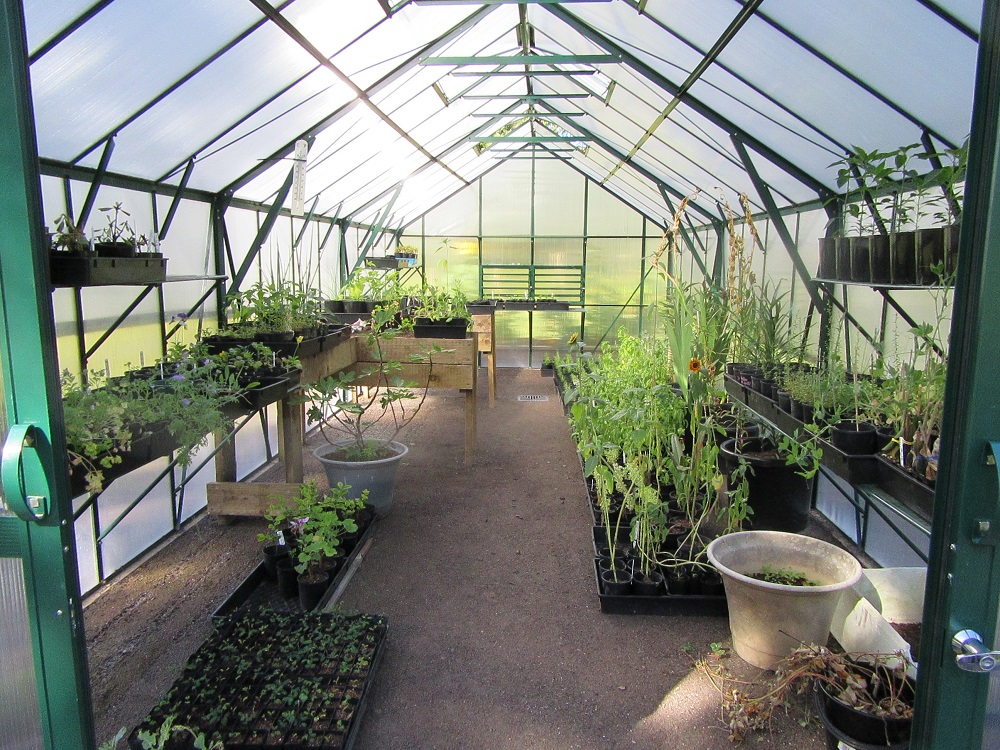Foundation for Rural & Regional Renewal (FRRR)
West Coast Connect (WCC) was established in 2013 to support social and economic development around Queenstown and the west coast of Tasmania. With a staff of four, a committee of five, and 25 volunteers, WCC aims to provide supportive core services that encourage a shared, communal impact to socio-economic issues within the community and the region.
Growing training opportunities

With the West Coast of Tasmania losing their TAFE Tasmania Campus over 10 years ago, community members only had access to training organisations that are located a minimum of 200km away.
To address skill shortages and provide job opportunities, WCC decided to offer vocational training in horticulture, conservation, land management and landscaping. They devised a plan for a new training facility to offer short courses and vocational training in conjunction with TasTAFE – BUT first they needed to equip the training grounds with essential infrastructure.
On the ground training aims to raise local employment
WCC secured a Strengthening Rural Communities grant of $9,200 to purchase a greenhouse, garden beds and planter boxes that were accessble by people with mobility issues. This equipment was manufactured by Qnique Products, a Social Enterprise that engages in vocational carpentry and joinery training for unemployed residents and residents with disabilities.
The horticultural facilities serve as a practical learning area, both as a hands-on training ground for vocational training in horticulture, landscaping and conservation and land management, and for the wider community, as an area for exploring and learning about growing organic foods, growing herbs, establishing and maintaining a cottage garden or growing fruit trees in a harsh climate.
Having the greenhouse also meant WCC could commence the Training and Work Pathway Program – for long-term unemployed jobseekers. Participants were involved in the initial establishment of the center, from building the access path to putting in place the raised garden beds and building in ground ones.
“Community interest in the centre was great from the beginning. Community short courses run at the centre were very popular and received great feedback. Enquiries about further courses are constant.”
Unexpected value for the community at large
Additionally, the Centre proved to be of great value to the community after the Queenstown community garden was forced to close in August 2020. WCC now sees a need to further develop the centre for greater access to the community at large and wants to establish mini-greenhouses and garden beds for local residents with an interest in gardening but no opportunity to do so at their home.
“West Coast Connect wishes to express our thanks for the grant money. Without this funding, the establishment of the horticultural training and discovery centre would not have gone ahead due to financial restraints.”

